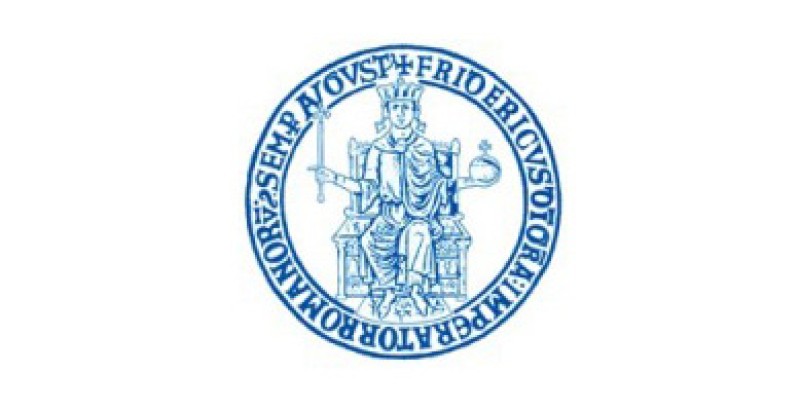Sub-theme 24: Innovating towards Sustainable Organizations: The Role of Power, Dependence and Stakeholder Expectations
Call for Papers
Organizations and individuals are embedded in a social context characterized by (inter)dependent relationships and
resource constraints which eventually determine the level of power. In their attempt to achieve their goals, individuals and
organizations have to manage such interdependencies and constraints and thus, power – no matter if visible and institutionalized
or more hidden – becomes a principle which guides (strategic) decision making and the implementation of any decision taken,
beside economic efficiency considerations (Pfeffer & Salancik, 1978). On the other hand, there seems to be consensus now
in literature on why firms should invest in sustainability-driven change. The most recent work comparing performance between
sustainably sensitive and other MNCs shows stronger long-term financial performance differences for sustainability-sensitive
firms (Eccles et al., 2014). However, we lack conceptual frameworks and empirical evidence on how such complex, highly
uncertain and multi-faceted sustainability-related change should be designed and enacted.
How can the study of
power help us answering those questions related to organizational change and innovation? Power and innovation in organizations
have long been of key concern to organizational scholars. The good news is that change can be seen to be at the heart of organization
in a sense that every organization is a result of a permanent process of organizing (Ostrom, 2011). At the same time, organizing
processes involve repeated situations which develop routinized activities, involve cooperative and/or opportunistic behavior
and establish certain levels of power. We know that power is important for directing and shaping behavioral change and innovation.
Power is part of leadership and simply helps to get things done. Also, for example network research tells us that organizations
who occupy central positions in networks tend to be more innovative. However, power can also backfire when it gets more and
more institutionalized and stable coalitions have been established and where organizations struggle due to failed reactions
or inattentions for environmental demands in a way that "psychological dynamics
are set in motion which reduce contact with
the external environment, place a premium on loyalty and commitment to already chosen policies, and define as treasonous any
kind of deviation from the adopted line" (Pfeffer, 1981, p. 325).
Similarly double-edged are routines which have
been developed in the organizational processes. They can help to ensure that complex tasks are performed reliably and quickly
and encourage (inter-)organizational learning, but are at the same time sources of habit and inertia, particularly under new
environmental conditions (Gavetti et al., 2005). Last but not least, there is evidence that firms’ reaction on stakeholder
expectations and pressure towards the adoption of sustainable practices is also driven by the level of power the stakeholder
possesses, determined by the level of resource dependency between the firm and the stakeholder (e.g. Sharma & Henriques,
2005). However, we do not know much about how powerful stakeholders influence organizational change and innovation
towards sustainability.
This sub-theme invites scholars to submit their theoretical and empirical studies that
address the enabling and hindering role of power, dependence and routines in organizational change and learning for sustainability
in questions like, for example:
- How to modify the way firms think about the next generation of products, their future growth paths and how to organize for that?
- How to relax the financial vs. sustainability performance trade-offs?
- How to innovate decisions with regard to strategic planning, resource allocation and corporate development for internal and external growth initiatives?
- How to incorporate stakeholder needs and their knowledge into long-term decision making?
References
- Eccles, R.G., Ioannou, I., & Serafeim, G. (2014): "The Impact of Corporate Sustainability on Organizational Processes and Performance." Management Science, 60 (11), 2835–2857.
- Gavetti, G., Levinthal, D.A., & Rivkin, J.W. (2005): "Strategy making in novel and complex worlds: the power of analogy." Strategic Management Journal, 26 (8), 691–712.
- Ostrom, E. (2011): Governing the Commons. The Evolution of Institutions for Collective Action. Cambridge: Cambridge University Press.
- Pfeffer, J. (1981): Power in Organizations. Marshfield, MA: Pitman Publishing.
- Pfeffer, J., & Salancik, G.R. (1978): The External Control of Organizations: A Resource Dependence Perspective. New York: Harper and Row Publishers.
- Sharma, S., & Henriques, I. (2005): "Stakeholder influences on sustainability influences in the Canadian forest products industry." Strategic Management Journal, 26 (2), 159–180.


